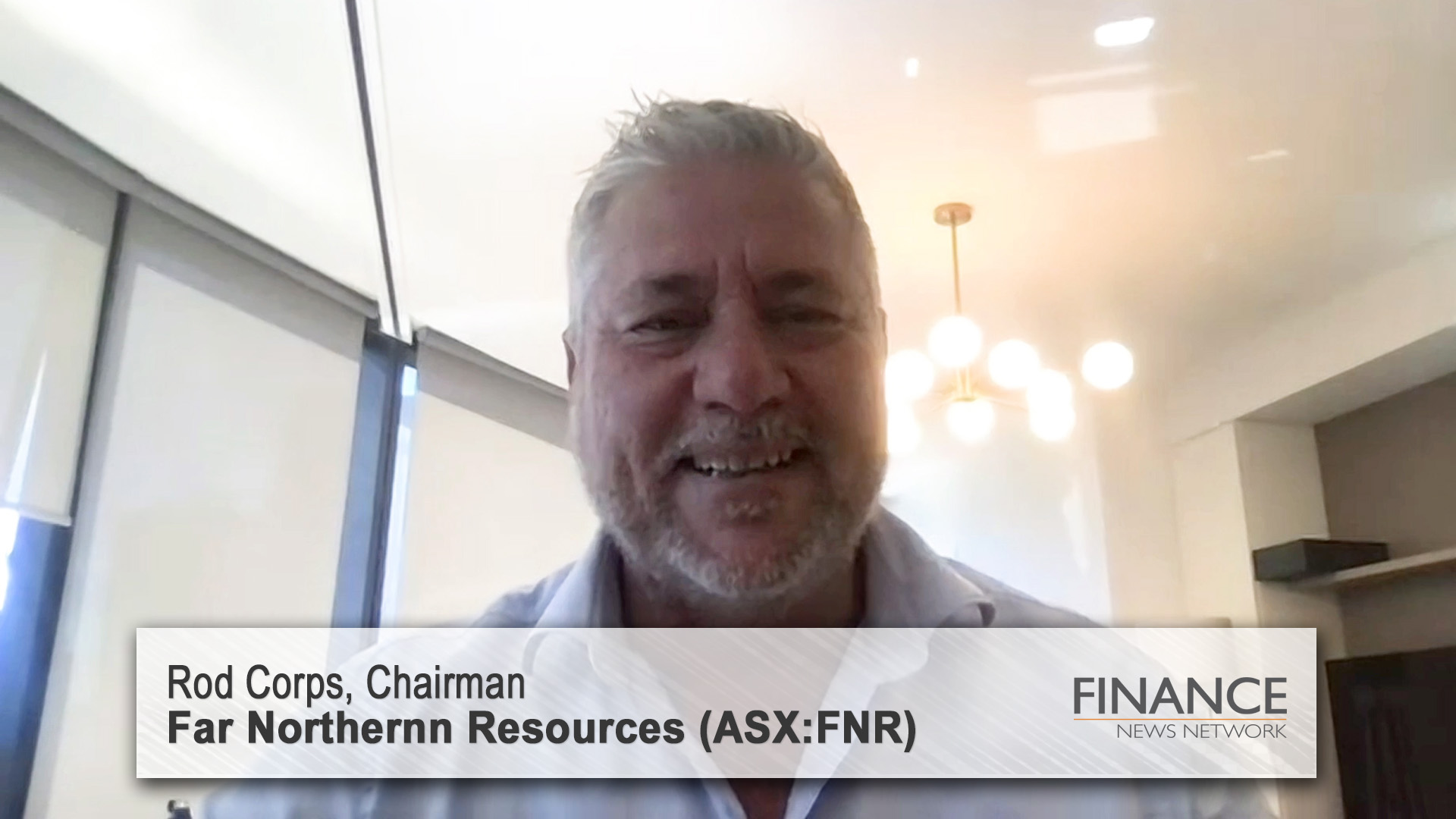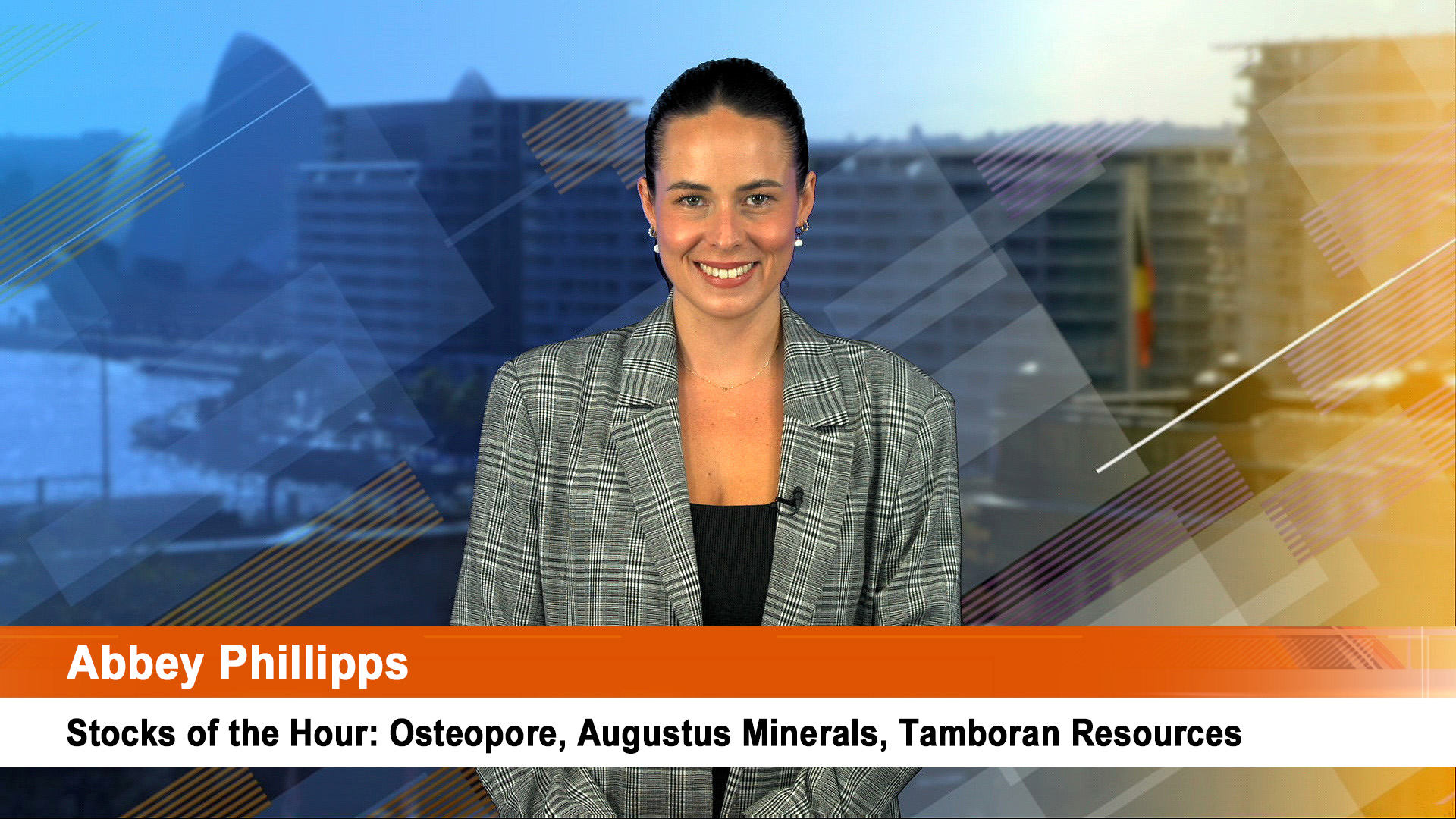Well everything from doom, gloom about anything to do with property, to BHP Billiton bidding for Rio in a new offer, could greet stockmarkets today.
BHP is supposedly prepared to bid 3.5 of its shares plus $16 cash for each Rio share.
The cash would be around $22 billion, which is more manageable than the touted $US70 billion to be raised after the first suggested offer of three shares for each Rio one.
This rumour and the fate of property groups like MFS and Centro, will occupy the minds of local investors, plus those property groups with British investments after a big fund told its unitholders they would not get their money for a year.
Scottish Equitable has been forced to close its $4.5 billion property fund because it doesn't have enough money to pay redemptions and it can't raise funds by selling assets because of the fall in commercial property prices and the credit crunch.
Lend Lease, Valad and Westfield are some of the groups with UK property investments.
Another UK property-related investment group, New Star, cut its dividend on Friday because of a surge in redemptions by investors.
It has been a high profile investor, with retail, as well as hedge funds on offer. Its shares plunged last week, losing almost 31% on Friday and almost 74% in recent weeks.
This news will add to the nervousness about groups with foreign property plays.
Things elsewhere will be quiet though because US markets are closed tonight for a holiday, so it won't be Wednesday our time before we see any leads.
But there are plenty of suggestions for possible flashpoints.
The Consumer Price Index figures for December due on Wednesday is one.
MFS's self-destruction on Friday is another.
It was the stupidest piece of management-led 'briefing' seen for years. As CEO Michael King spoke and blundered his way through the conference call briefing the MFS shares sank, or rather plunged.
He was discussing the plan to split MFS into its financial and property/tourism businesses. The move was a reaction to the bid from City Pacific earlier in the week for MFS's financial businesses, with the Stella tourism arm remaining with MFS.
MFS shares crashed $2.19, or 69%, to 99c on Friday when the company resumed trading after a two-day trading halt.
Investors initially supported MFS's proposal to split the company into a financial services operation and a leisure and travel agency business, but it was the company's shock proposal to raise $550 million via a renounceable rights issue to its shareholders that set the alarm bells ringing. Also confusing the market was talk of a $900 million inter-company loan from MFS to Stella and its exact nature and status.
Investment bank and adviser, UBS is owed $790 million and another $130 million is owned to Investec. The company has a $150 million loan due in March, and after Friday's farce and share price drop (the shares actually hit a low on the day of 71c), it is clear MFS will have trouble rolling over that loan.
The whole performance, share price drop and poor communication has all the elements of a repeat of the collapse in the Centro share price and fortunes in December.
Centro is struggling to repay more money next month, but the principles are the same: property, high debt, poor transparency, a board asleep at the wheel and inadequate disclosure.
The Australian stock market closed in the red for the 10th session in a row on Friday, the first time for more than 15 years.
And it will be an achievement today if it can break that cycle. But the market cut its losses by around 100 points on Friday afternoon because of the new bid rumour for Rio from BHP and a late rise in the banks.
An early 3% plunge was pared back to less than 1%. The ASX200 index fell 48.8 points, or 0.84%, to 5,747.3 while the All Ordinaries shed 57.6 points, or 0.98% ,to 5799.4.
Wall Street was down by less than half a per cent in volatile trading on Friday, but there was no late slump, as there was on Thursday.
Investors found little joy in the $US150 billion White House rescue plan. It couldn't offset fears of a recession (some US states such as California, Nevada, Florida, Ohio and Michigan could already be in the red) and more fears for the health of financial stocks after big losses at Citigroup, Merrill Lynch and Washington Mutual.
The broad Standard & Poor's 500 Index is down 9.7% so far in January — the worst start of a year ever.
A fall in the S&P 500 of about 5.5% this week would put it in bear territory where it's off 20% or more from its peak (Japan is). The S&P 500 fell 5.4% last week.
On Friday, the S&P 500 fell 8.06 points to a 16-month low of 1,325.19. The Dow was down 59.91 points, at 12,099.30, and Nasdaq fell 6.88 points to 2,340.02: both closes hit 10-month lows.
For the week, the Dow fell 4.02% and Nasdaq 4.10%.
The AMP's head of Strategy, Dr Shane Oliver says that after the sharp falls from their October/November highs, shares have become very oversold and are due for a bounce, possibly helped by further monetary easing from the Fed and the announcement of fiscal easing by President Bush.
"However, the ride for share investors is likely to remain rough over the next six months on the back of ongoing worries about the US downturn and its impact on profits. Having broken decisively below its March and August lows last year the US share market is now looking decisively shaky. \
"Worries about the impact of the US downturn on China will also weigh on the Australian share market. As such, further falls in shares are possible over the next few months and as a result it is a time for investors to remain relatively cautious.
"However, its is worth noting that shares are starting to become cheap, offering good value for inve













